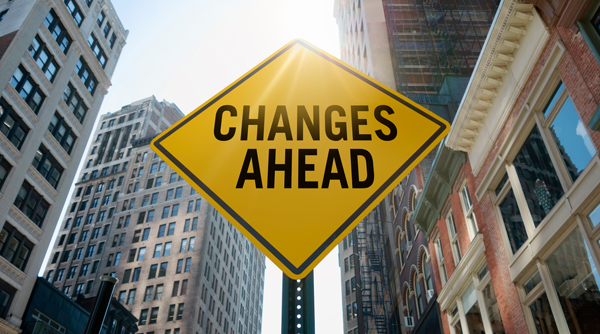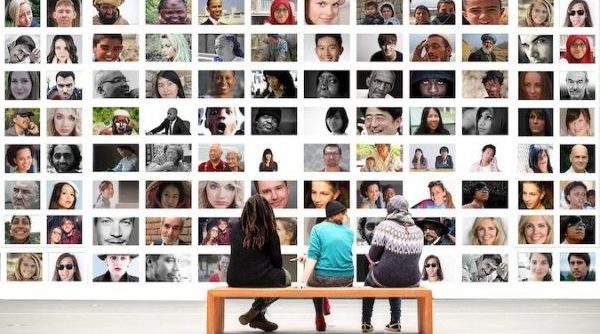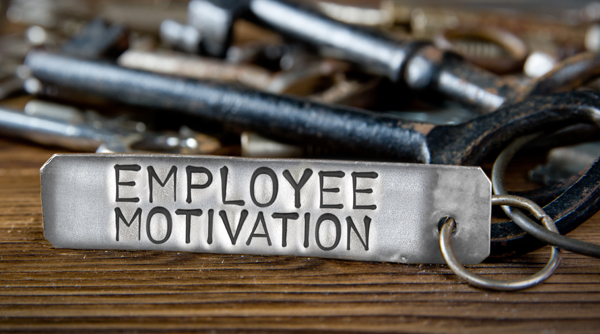
Employer branding
21/05/2018
Defining the Internet of Things
22/02/2018Why you need HR to drive culture change
Culture is significantly affecting how companies operate internally and externally, how they innovate and service their customers. According to Deloitte’s latest report issued at the end of last year, “82 percent of global CEO’s and HR leaders believe that culture has a potential competitive advantage, with only 19 percent believing they have the right culture.”
Unfortunately, many companies face the challenge of how to measure, monitor and manage culture change. Equally important, they do not understand ‘who’ should be interjecting those changes within the workforce.
So, who is responsible for culture change and what significance can it have on a company?
Driving culture change in the workplace
Positive implementation of culture change is the responsibility of senior leaders and the collaboration of HR departments. Senior leaders set the tone for culture through every plan, decision and action executed. They become the drivers for policies, procedures, incentives and strategy implementations. They also help HR teams to integrate and inject change from the top right down to every employee.
Senior leaders communicate culture change with those who communicate in a language employees understand.
Collaboration and communication is vital for positive culture change
It is this transparent and collective methodology which has revolutionised how employees behave and perform in companies like Twitter and Google.
Twitter clearly communicates company goals and overall objectives to its employees. As a result, they have motivated employees who enjoy the team-orientated environment and incentives. From free meals at their head office to free yoga classes and unlimited holidays for some; Twitter employees have their fair share to tweet about!
Google also has a unified culture which accommodates expanding workforces including employee trips, parties, financial bonuses and health-inspired activities. They put employees first and integrate a culture which is performance and employee-led.
In both companies, employees love working with their colleagues, enjoy being part of an organisation in the knowledge that what they do matters; and there is a collaborative feeling and understanding that everyone stays until the work is done.
But how do HR teams affect culture change?
HR teams are key players when creating and delivering culture change. An inspiring and engaging culture requires constant attention from senior leaders. However, it is HR who have the power to shape, influence and communicate culture changes to employees.
Fundamentally, HR departments are the backbone which unites all staff, particularly in larger workforces. With their finger firmly on the pulse when it comes to employee perceptions, HR departments not only help create change but can help leaders deliver change effectively and strategically. They are the vital component in delivering employee feedback which can have an underlining effect on what culture changes are needed in the company.
Most importantly, HR departments are a constant and gentle reminder that the company needs culture change. It is their drive and determination which helps senior leaders successfully implement and integrate change into the workforce.
Have your say and tweet us @ClearVoiceComms
At ClearVoice Comms, we are experts in delivering employee engagement and communication strategies that inspire your people and transform your business. We influence change through the power of communication to improve your company’s performance. For more information on how to integrate culture change with your people, call or email us today and let us show you how the power of communication can change your business.




